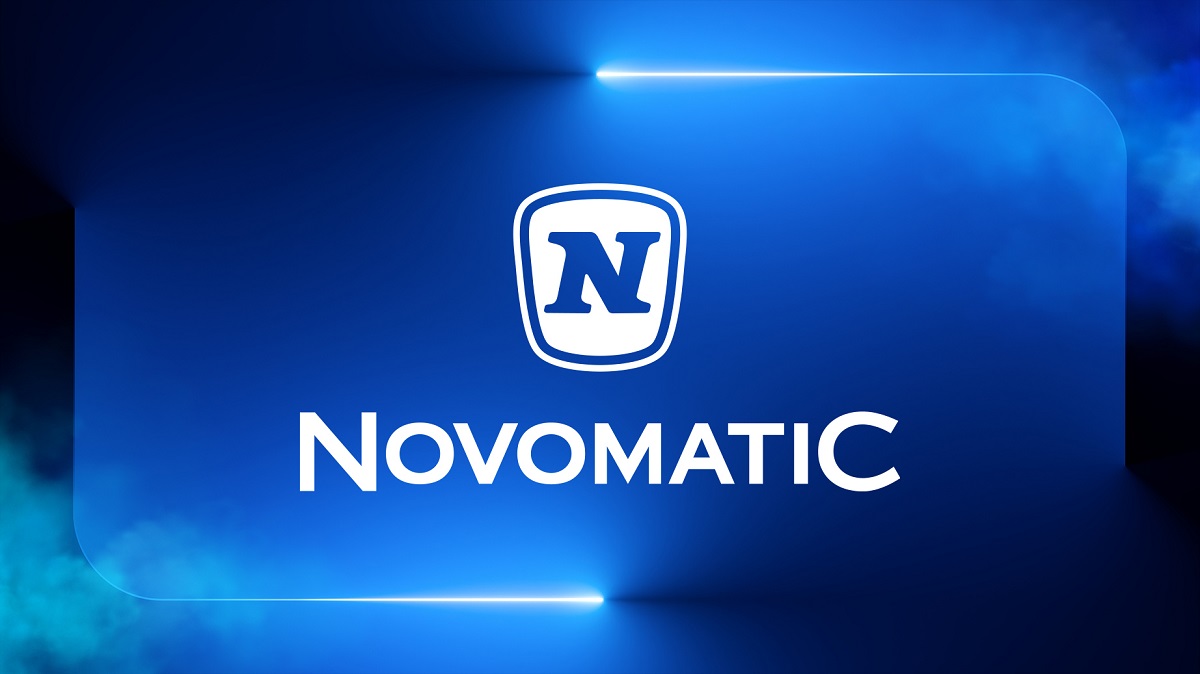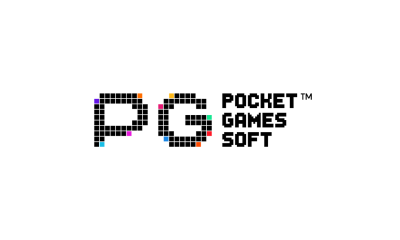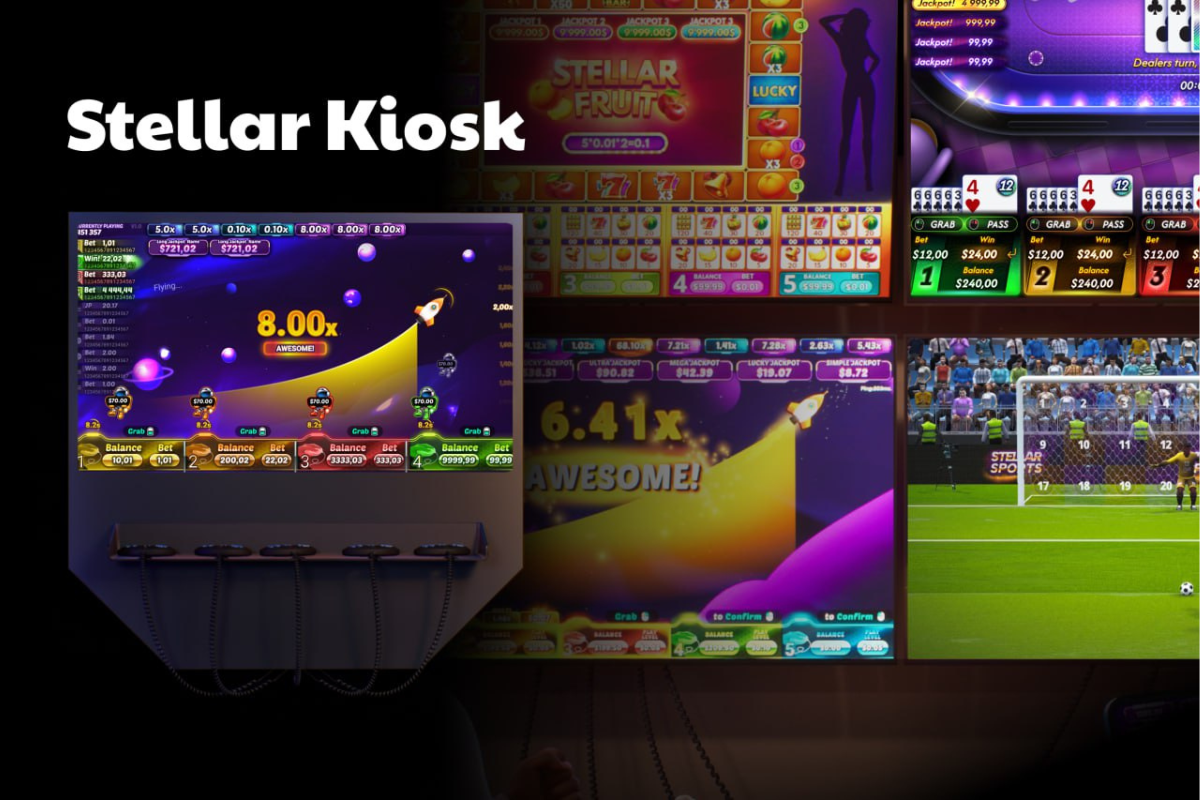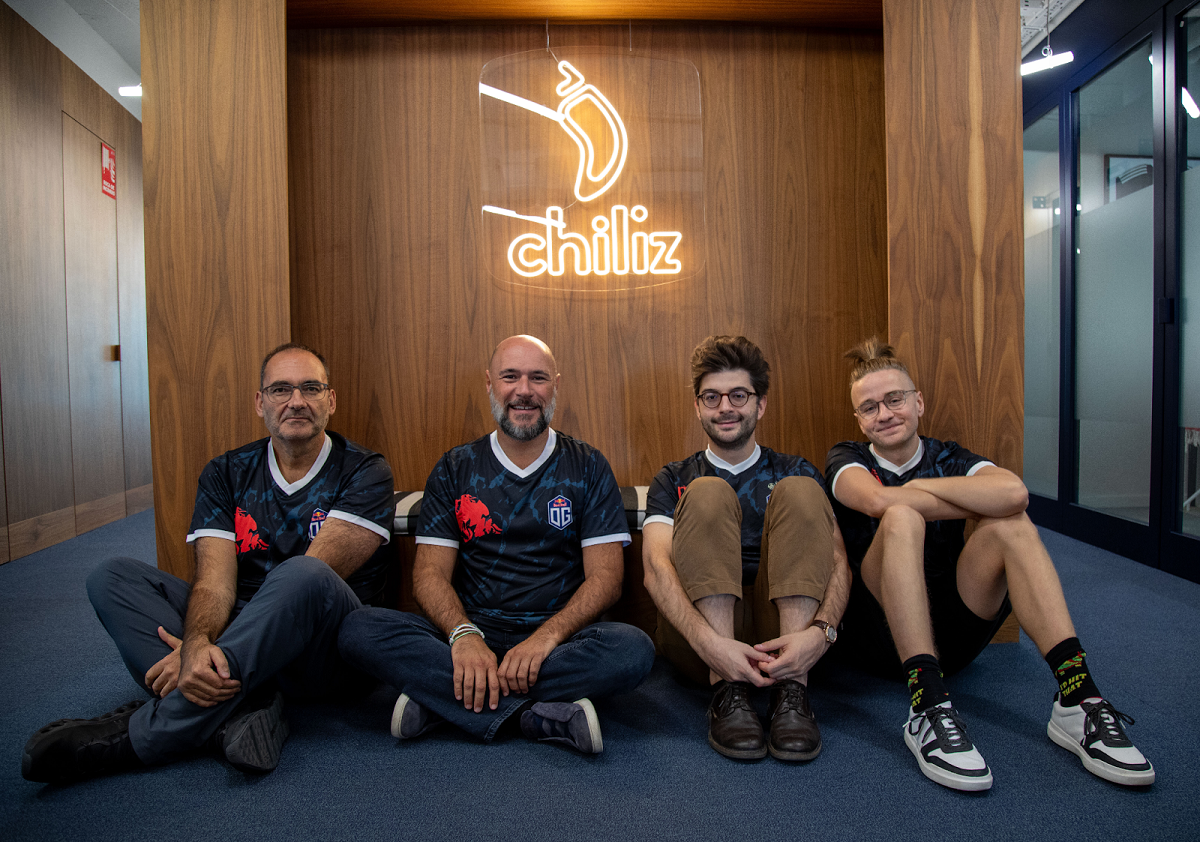Industry News
The world of gambling – as seen by millennials and Generation Z

The generation gap is a subject of discussion that continues to be relevant year on year. Why is it that those born since 1981 are so important to the gambling industry and its future? According to Betinvest COO Max Dubossarsky, every new generation contributes to the development of the entertainment industry, raising the standards for how gambling products and services are created.
Millennials caught the peak of digital technology at a young age, at a time when some of the Generation Z babies were being born already with a smartphone in hand.
The issue of continuity of the generations carries from one age to the next and takes on new dimensions. The gambling industry has its finger on the pulse, aware that the characteristics and preferences of each generation provide detailed information about current and potential players.
During recent years, society has had its eyes fixed on the so-called “millennials” – Generation Y – born between 1981 and 1996, and Generation Z – the “New Silent Generation” – born after 1995—1996. Why are their views and way of thinking important to the gambling industry? Mainly because millennials and Gen Z are products of the digital age.
Modern-day innovations, which previous generations could only have dreamed about, are now the norm for Gen Y and Gen Z. So if it is hard to amaze millennials with high-tech “perks”, it is nigh on impossible to surprise Gen Z – who have fully adapted into the world of 3D technology, VR and AR.
To attract and retain the attention of young players and avoid their games becoming a boring alternative to others on the market, operators created products that borrow features from videogames.
The millennial generation is the first to have grown up with videogames, so their way of life has become one of the reasons for developing online gambling.
This first “internet generation” divides their lives between an online and an offline reality. Many things have become possible to do with the use of gadgets, without the need for physical input. In contrast to well-off baby boomers who were big fans of visiting casinos and the luxury entertainment of gambling, millennials lived in unstable economic conditions and are therefore notable for their rationalism. As a result, they prefer more affordable entertainment, including activities which do not involve leaving the house. The gambling industry grasped the attitude of the new generation and changed its approach accordingly: the first gambling websites started to emerge, and the big casinos began organising events with new kinds of entertainment, such as concerts by famous musicians and DJs, opening exclusive malls, and the like.
Another important move in the battle to earn the attention of younger players is product customisation, responsive design, and additional gamification during the gaming process.
Gen Z, who more or less stormed into the digital age fresh from the cradle, have tough demands. In the modern-day world of gambling, it is no longer enough for games to have just high resolution, gripping storylines and 3D effects. Players want light, fun and quality solutions with compatibility across different devices, secure data and convenient payment methods. Products which cannot easily be adapted to the specific characteristics of regional markets lose their standing and risk being unable to keep up with the competition.
Millennials and Gen Z tend to be cautious in what they do online.
Almost every user leaves behind a digital footprint, which is analysed by marketing experts. It “shows” the user’s interests and gives clues as to what the potential customer might like, helping operators to cater to each player better. But at the same time, data confidentiality and secure payment have become two key issues that users consider when completing any online activities.
It is safe to say that each new generation has contributed – and continues to contribute – towards the change in attitudes towards gambling. Each generation develops the industry by demanding more, thereby raising the standards for how gambling products and services are created.
Because of the rapid development in digital technology, today’s players live in two worlds – an online and an offline world. With the huge amount of offers available, they select the products that are easily understandable. Time has become too expensive to waste on figuring out how things work, especially when it comes to the entertainment industry. Their leisure time is therefore crucial for operators to consider.
-

 Asia6 days ago
Asia6 days agoDigital gaming disruption tackled in 1st AsPac Regulators’ Forum
-

 Africa7 days ago
Africa7 days agoKiron announces the launch of its new virtual football title, Turbo League, with SportPesa in Kenya and Tanzania
-

 Aquisitions/Mergers7 days ago
Aquisitions/Mergers7 days agoNOVOMATIC successfully completes sale of ADMIRAL Austria to Tipico and focuses on international growth markets
-

 Compliance Updates7 days ago
Compliance Updates7 days agoSOFTSWISS Releases Gambling Regulation Directory for iGaming Operators
-

 Compliance Updates7 days ago
Compliance Updates7 days agoAlternative Dispute Resolution (ADR) Role and Certification
-

 Asia7 days ago
Asia7 days agoiRace Media extends partnership with The Hong Kong Jockey Club in Asia
-

 Central Europe7 days ago
Central Europe7 days agoSYNOT Games Delivers Bespoke Games Exclusively for SazkaHry.sk in the Slovak Market
-

 Industry Awards7 days ago
Industry Awards7 days agoPG Soft wins Best Slot Provider at SiGMA Euro-Med Awards 2025


















